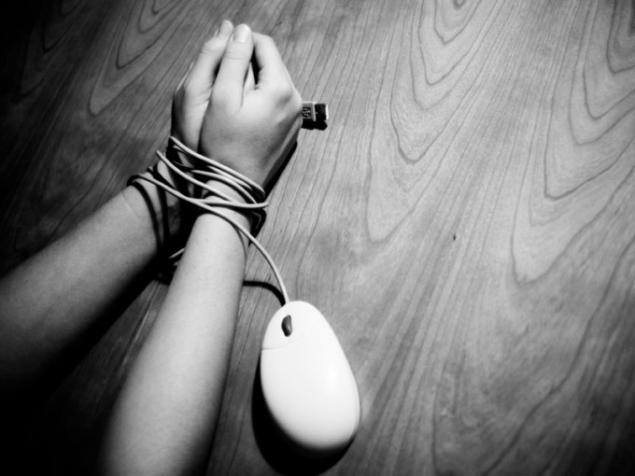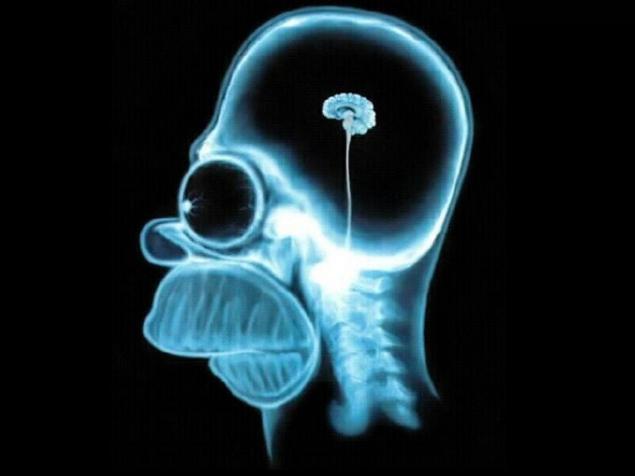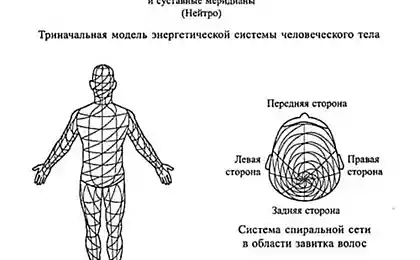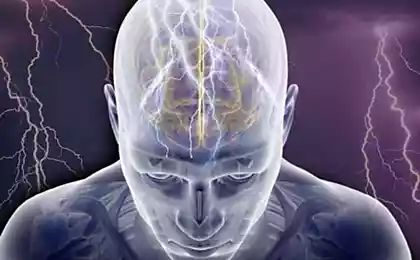620
Eight new mental disorders
Making the Internet a huge popularity and prevalence of smartphones and mobile phones is undoubtedly a boon to mankind. New ways of communication enable people to effectively work, learn better, gain access to new information and entertainment that were previously unavailable to them. However, this phenomenon has another side. Internet and mobile devices, almost never leaving its owner, has created new psychological diseases that medicine, until recently, did not want to admit it. Now the existence of the disease, characterized by varying degrees of the devastating impact on the identity of the person, no one denies.
1. Among these diseases syndrome phantom call. The essence of the disease that a person has auditory hallucinations and motor, it seems that the phone in your pocket rings or vibrates, but nothing really happens. Formation of disorders associated with cell phone use. After all, any tingling or light court we begin to associate with the call. The disease manifests itself in the background of stress. It is fairly common.

2. Another disorder - NOMOPHOBIA. The term - is an expression slozhnosokraschennoe no mobile fobia. In other words - the fear of being without a mobile phone. In the world there are fewer people who would not suffer from this disorder. For someone with no access to a mobile phone, for example, because of a dead battery, there is a slight concern, and someone falls into a panic. To some it may seem that this is not a serious problem, something like anatidaefobiya. But in fact, people are so accustomed to a mobile phone that literally check it every two minutes, even if no notification of messages or calls have been received.

3. However, the reaction of the person on the smartphone can be the opposite. This disorder is also a name - or kiberbolezn cybersickness in the English version. Its essence lies in the fact that the person has dizziness, disorientation and nausea when interacting with certain electronic devices. A term coined back in the 1990s, when the first device of virtual reality. After upgrading to a new version of iOS, some iPhone owners have also complained of nausea. This may be due to the effect of parallax.

4. Do not just smart phones can cause psychological disorders. Social networks also have succeeded. In Western authors disease called Facebook Depression, in Russia, it could be called "Depression on VKontakte" or "Effect Durov." The gist of it is that people become depressed from the contacts in a social network or, on the contrary, by their absence. Proved the more time young people spend to Facebook, the worse was their mood and attitude towards their lives. The point here is that people tend to spread only the photos and news about themselves, which put them in a favorable light. This creates the impression that friends and acquaintances life better, brighter and more saturated than you, more successful photos, the figure is better, more expensive watches.

5. If you move the focus from social networks on the Internet in general, and here is my frustration - Internet addiction. It is a painful and constant desire to gain access to the network, which has a negative impact on other spheres of life, often completely displacing them. For example, personal life or work. In academic circles argue, can include Internet addiction to addiction or a mental disorder.

6. A similar problem - the dependence on online games. It is a well-known and devastating disease. There are cases when the game just delayed the man in the virtual world, as a result he lost his job, the family, and sometimes life. This disorder causes severe depression and can lead to physical exhaustion, and even suicide.

7. Less devastating but also a very serious disease - Cyberchondria. A person with this disorder believes that he has a disease and, as a rule, not one of which he had read on the Internet. As a result, a healthy man who has just got a headache, can convince himself he had the presence of serious problems. A similar conviction can negatively affect health and cause really have a real, not imaginary illness.

8. And, perhaps, the most common disease afflicting everyone who has access to the Internet, regardless of sex and age - is "The effect of Google». A person with this disease is confident that the knowledge he does not need, as all information is just a few clicks. However, even if you think otherwise, it does not give you immunity from "the effect of Google». The brain simply refuses to remember the information, regardless of our will, knowing that it is much easier to find the data than to keep them.
Source

Source:
1. Among these diseases syndrome phantom call. The essence of the disease that a person has auditory hallucinations and motor, it seems that the phone in your pocket rings or vibrates, but nothing really happens. Formation of disorders associated with cell phone use. After all, any tingling or light court we begin to associate with the call. The disease manifests itself in the background of stress. It is fairly common.

2. Another disorder - NOMOPHOBIA. The term - is an expression slozhnosokraschennoe no mobile fobia. In other words - the fear of being without a mobile phone. In the world there are fewer people who would not suffer from this disorder. For someone with no access to a mobile phone, for example, because of a dead battery, there is a slight concern, and someone falls into a panic. To some it may seem that this is not a serious problem, something like anatidaefobiya. But in fact, people are so accustomed to a mobile phone that literally check it every two minutes, even if no notification of messages or calls have been received.

3. However, the reaction of the person on the smartphone can be the opposite. This disorder is also a name - or kiberbolezn cybersickness in the English version. Its essence lies in the fact that the person has dizziness, disorientation and nausea when interacting with certain electronic devices. A term coined back in the 1990s, when the first device of virtual reality. After upgrading to a new version of iOS, some iPhone owners have also complained of nausea. This may be due to the effect of parallax.

4. Do not just smart phones can cause psychological disorders. Social networks also have succeeded. In Western authors disease called Facebook Depression, in Russia, it could be called "Depression on VKontakte" or "Effect Durov." The gist of it is that people become depressed from the contacts in a social network or, on the contrary, by their absence. Proved the more time young people spend to Facebook, the worse was their mood and attitude towards their lives. The point here is that people tend to spread only the photos and news about themselves, which put them in a favorable light. This creates the impression that friends and acquaintances life better, brighter and more saturated than you, more successful photos, the figure is better, more expensive watches.

5. If you move the focus from social networks on the Internet in general, and here is my frustration - Internet addiction. It is a painful and constant desire to gain access to the network, which has a negative impact on other spheres of life, often completely displacing them. For example, personal life or work. In academic circles argue, can include Internet addiction to addiction or a mental disorder.

6. A similar problem - the dependence on online games. It is a well-known and devastating disease. There are cases when the game just delayed the man in the virtual world, as a result he lost his job, the family, and sometimes life. This disorder causes severe depression and can lead to physical exhaustion, and even suicide.

7. Less devastating but also a very serious disease - Cyberchondria. A person with this disorder believes that he has a disease and, as a rule, not one of which he had read on the Internet. As a result, a healthy man who has just got a headache, can convince himself he had the presence of serious problems. A similar conviction can negatively affect health and cause really have a real, not imaginary illness.

8. And, perhaps, the most common disease afflicting everyone who has access to the Internet, regardless of sex and age - is "The effect of Google». A person with this disease is confident that the knowledge he does not need, as all information is just a few clicks. However, even if you think otherwise, it does not give you immunity from "the effect of Google». The brain simply refuses to remember the information, regardless of our will, knowing that it is much easier to find the data than to keep them.
Source

Source:
























